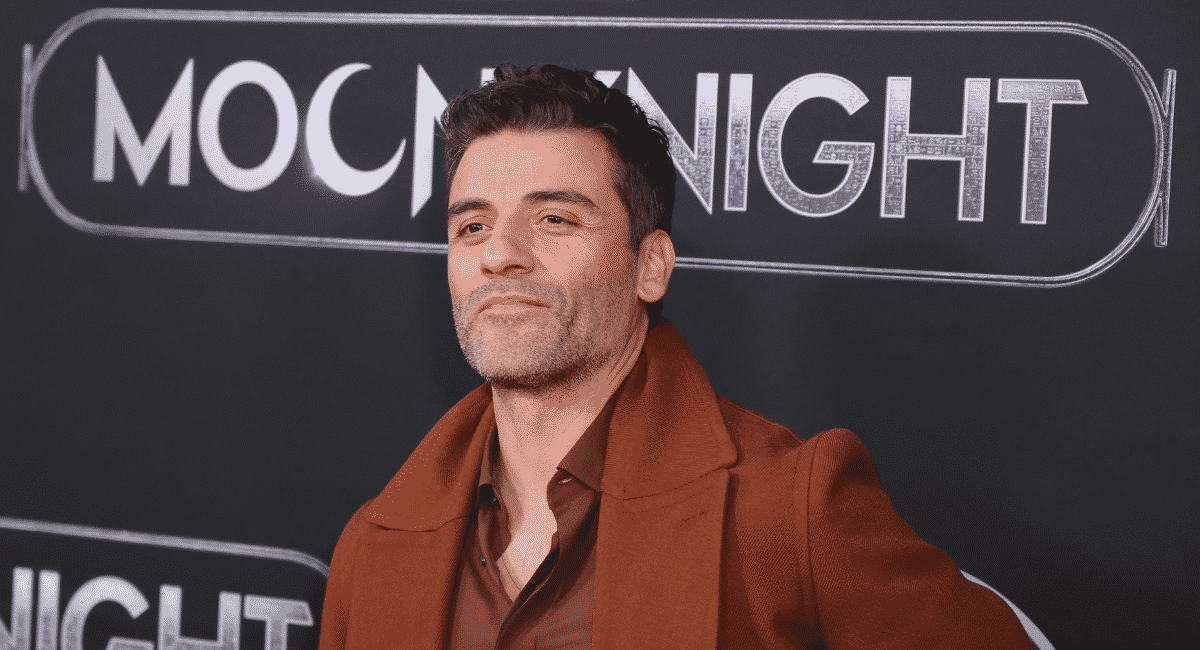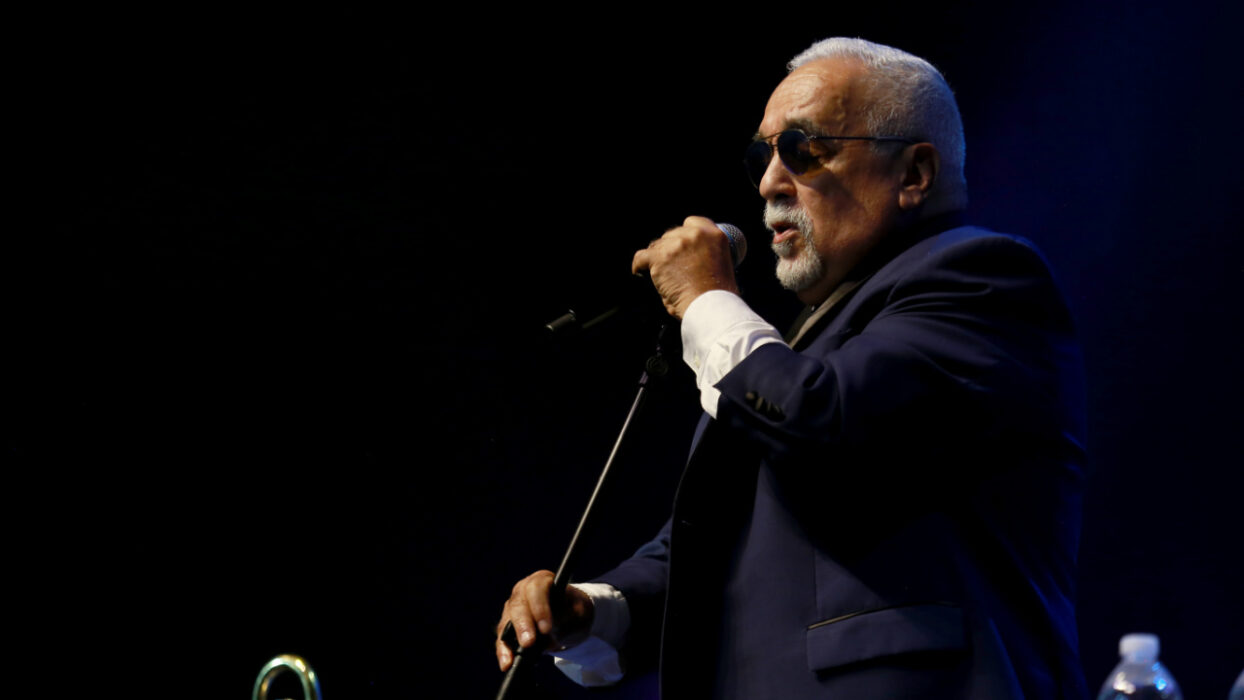
Oscar Isaac Says ‘Moon Knight’ Is About Identity and Belonging
This week, Oscar Isaac became the first Latino to lead a Marvel production.
He is “Moon Knight,” the intricate and obscure comic book hero, with dissociative identity disorder (also known as multiple personality disorder), under the command of an Egyptian deity. Yes, we said it’s complicated. What’s not complicated is why Isaac said yes to the role.
mitú sat down with the “Moon Knight” star to get the scoop.
“As a Latino in this country, I know very well how hard it is to establish your identity,” he said. Growing up in Miami in the 80s and 90s, he was Oscar Isaac Hernández Estrada, as he well said in his Saturday Night Live monologue. The son of the Cuban doctor Óscar Gonzalo Hernández-Cano and his Guatemalan wife María Eugenia Estrada Nicolle, who moved from Guatemala to South Florida before baby Isaac was a 1-year-old.
“Once I started college in New York, my identity began to shake,” he remembered. Not as bad as his character, who we first meet as a Londoner named Steven Grant. Then we realize that there is another man in his body, an American named Marc Spector. Both of them, again in the same body, become two superheroes: Moon Knight and Mr. Knight.
The first three and a half episodes, which this reporter had the fortune to watch before the interview, seem like Indiana Jones on drugs. “Yes, that is perfect,” said Isaac to the description. He loved it because, as the producer and the lead, his goal was to make the audience feel as confused as the main character is. Isaac achieved it and is delighted with the result, but it wasn’t his only goal.
“We also want to put a light on the feeling of not knowing who you are, or where you actually belong. To me, ‘Moon Knight’ is a series about identity,” he highlighted. He hopes it resonates and educates viewers about the struggles of the LGBTQ+ community, children of immigrants, people with mental health issues, among many others.
And Isaac isn’t everyone’s official internet boyfriend only for his good looks. The man also has a big heart, a sharp mind and a very Latino sense of humor with a perfect sandy voice — a Julliard professor once asked him if it sounded like that because of all the flamenco he heard growing up. “It took me a minute to understand what he meant,” he admitted. It was a Dorothy moment, like when the leading character in the “Wizard of Oz” says to her dog, “Toto, we are not in Kansas anymore.” Well, Oscarcito wasn’t in Miami anymore.
Plus, who can be more Latino than the guy whose uncle famously printed “Estarguars” in black T-shirts and handed them out to the team while filming the first “Star Wars” movie?




